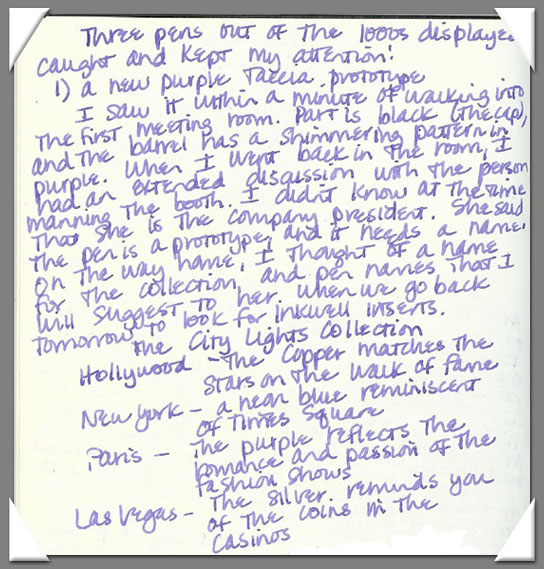I had planned to write about an incident with karma, but that’s not the voice-over story that wants to be told today. In 1995, I fell in love while at the Stone Mountain Highland Games. Drew and I were walking through the clan and exhibits area when I heard a pleasant, tinkling sound in the breeze. I followed the sound and was delighted to discover a tent where harpists had gathered and were playing their instruments. I immediately knew that I had to get that sound in my life, so I did what anyone would do in the circumstances: I bought a small harp.
Playing the harp immediately became one of my passions. In 2000, I was thrilled to buy my first and only pedal harp, a magnificent 44-string Camac Clio.

My Camac Clio harp in my music room
When I started playing the harp, I was exercising my desire to do voice work by volunteering for the Georgia Radio Reading Service, which I did for 5 years. I still was a few years away from making the decision to become a voice artist and creating my first demo. Learning to play the harp taught me 5 things every aspiring voice talent should know.
1) If it were easy, everybody would do it.
If someone learns I play harp, the inevitable first question is: Isn’t it hard to play? I always answer that harp is like anything else. It takes continuous practice, and I think it probably takes a lifetime to master if you want to do it well. You always have room to evolve and improve.
If someone learns I am a voice-over talent, the inevitable first question is: People have always told me I have a nice voice. How can I get started in voice-over? Most people assume that voice-over work is as easy as speaking. My answer to the harp people would also work here. I always advise people to start with a book from my recommended reading list and practice reading everything aloud: newspapers, billboards, cereal boxes, shampoo bottles, etc. If a person doesn’t want to read, as evidenced in a common approach from newcomers described Rowell Gormon’s hilarious blog post, I truly can’t imagine how they would become successful in voice-over — a career that is based on reading!
2) You’ll go further and faster if you learn from an experienced teacher.
I knew how to read music, and I had taught myself to play oboe and flute when I was in high school. I naturally thought that learning the harp would be snap, or at least a graceful flick of the wrist. Once I discovered that I could only go far with the information in a book, I decided to take harp lessons.
I called a few universities to learn of harp teachers in the area and was referred to the fantastic Monica Hargrave. For about 3 years, I thoroughly enjoyed my weekly lessons with Monica. I learned proper technique and confidence-building measures. I learned how to take music apart in order to practice and master it. Without Monica’s steady encouragement and advice, I doubt I would have had the confidence and skills needed to play harp at my brother’s wedding.
While the books on voice-over give you a great overview of the industry and/or exposure to a particular skill set, an experienced voice-over coach shows you how to break apart a script in order to serve the client’s goal in communication. Your confidence grows as you learn techniques necessary to thrive in the business. You can create and market a demo secure in the knowledge that you can recreate any cut from it on cue.
We don’t hear ourselves as others hear us, and it can be easy to fall into bad habits. Like professional sports players, professional voice talent still need to practice and get feedback from a coach.
3) You don’t have to make money or become famous from everything you do.
The second inevitable question that people ask me about the harp is: Do you play in the symphony? Most people have only seen harps at a concert. They seem shocked when I tell them that I only play harp in my house, as if they don’t understand how I could play an expensive instrument simply for the love of it.
The second inevitable question that people ask me about my voice-over career is: Where have I heard you? Most people tend to associate voice actors only with the celebrities making big bucks working in cartoons and movies. They seem disappointed when I tell them that I primarily voice corporate training and marketing modules.
I do make money in voice-over, but I’m not famous – yet! 🙂 I don’t do voice work solely for the money, though. I do it because I have an inner calling to do it. You’ll never go to the theater and see the training video on insecticide application prepared for highway workers with the Georgia DOT, but I’m proud to be the one who narrated it.
4) Practice alone does not equate perfection.
Due to my busy schedule, I currently don’t take harp lessons or even make time to play my harp with regular frequency. Whether it’s harp or voice-over technique, repetitive practice will build muscle memory. However, performances based solely on muscle memory are dull and lifeless, not to mention subject to more mistakes. It’s the emotional connection to either the music or script that makes the performance memorable.
5) Listen and learn from others in your field without negatively comparing yourself.
No matter how good you are or how much you accomplish, you always can learn more and improve by listening to others. I have a 100 or more harp CDs, and I see harpists in concert when possible.
In voice-over, I actively listen to radio and TV commercials. I avidly listen to audiobooks. I still listen to voice talent demos on Voicebank. I consciously listen to narrations for shows on the Discovery, History, and Travel TV channels. While audiobooks and TV programs are entertaining, I like to hear the pacing, characterization, and pronunciation of the voice talent booked in areas where I am focusing my career.
I have different levels of expertise in harp and voice-over. Listening to others doesn’t make me feel discouraged about my level of achievement. Instead, I feel inspired. If something is possible for someone else, it’s possible for me.
In either case, I am reminded of a quote from Pat Conroy:
I was a baitfish struggling upstream with the leaping wild salmon,
but I was swimming in the same river and happy to be there.

